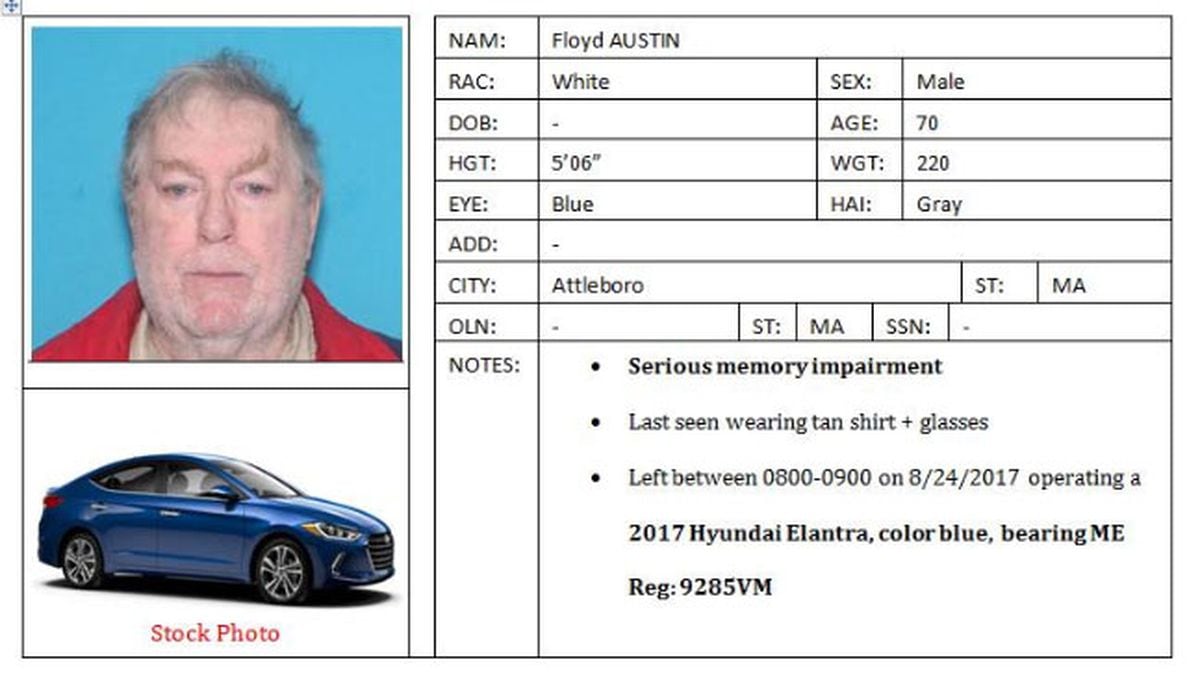
If the data in the stream comes from a file that is already local, the data is read, sent to the plug-in through NPP_Write, and written to a file in the local cache.EXAMPLES OF WASTE STREAMS ACCEPTED: Groundwater from construction projects, remediation projects, underground storage tanks, dewatering projects, and basement infiltration Stormwater from tank farm and parking lot collection systems, landfills, and oil/water separators Industrial water, including metals manufacturing streams, bio-tech and pharmaceutical process and rinse waters, de-ionization brine, nano- and ultra-filtration reject water, scrubber water, latex-containing wastewater, adhesive process water, ink and dye water, photographic and print waters, glycols, emulsions, chemical manufacturing streams, and coolants Food processing water, including wash water, rinse water, condensate, cooking oil/water mixtures, canning and bottling line water, high strength organic streams, and sugar water Spent antifreeze Car, truck and bus wash water Ship and barge bilge water: Hull wash-down water (including bottom-paint residue) from marinas Building and bridge wash water Laboratory wastewater Airplane deicing fluids Skating rink cleaning fluids Fire-fighting water.įOR MORE INFORMATION: Visit Learn more about our company and access downloadable Waste Profile Forms. When the stream is complete, the browser calls NPP_StreamAsFile to deliver the path of the file to the plug-in.
#NEWSTREAM IN ATTLEBORO SERIES#
Differs from NP_ASFILEONLY in that data is delivered to the plug-in, through a series of calls to NPP_WriteReady and NPP_Write, as it is saved to the file (as in mode NP_NORMAL).
#NEWSTREAM IN ATTLEBORO FULL#
This mode allows the plug-in full random access to the data using platform-specific file operations.

NPP_StreamAsFile is simply called immediately. If the stream comes from a local file, the NPP_Write and NPP_WriteReady functions are not called. NP_ASFILEONLY: The browser saves stream data to a file in the local cache.The plug-in can process the data progressively as it arrives from the network or file system. NP_NORMAL (Default): Delivers stream data to the instance in a series of calls to NPP_WriteReady and NPP_Write.The parameter stype defines the mode of the stream. The plug-in can terminate the stream itself by calling NPN_DestroyStream. The browser calls NPP_DestroyStream when the stream completes (either successfully or abnormally). A plug-in can also request a stream with the function NPN_GetURL. The data in the stream can be the file specified in the SRC attribute of the EMBED tag, for an embedded instance, or the file itself, for a full-page instance.

The MIME type of the stream is provided by the type parameter. The plug-in can store plug-in-private data associated with the stream in stream->pdata.

The NPStream* pointer is valid until the stream is destroyed. NPP_NewStream notifies the plug-in when a new stream is created. This will cause the browser to destroy the stream without calling NPP_DestroyStream.

Stream supports random access through calls to NPN_RequestRead (for example, local files or HTTP servers that support byte-range requests). seekable Boolean indicating whether the stream is seekable: The function has the following parameters: instance Pointer to current plug-in instance. Notifies a plug-in instance of a new data stream. « Gecko Plugin API Reference « Plug-in Side Plug-in API Summary


 0 kommentar(er)
0 kommentar(er)
